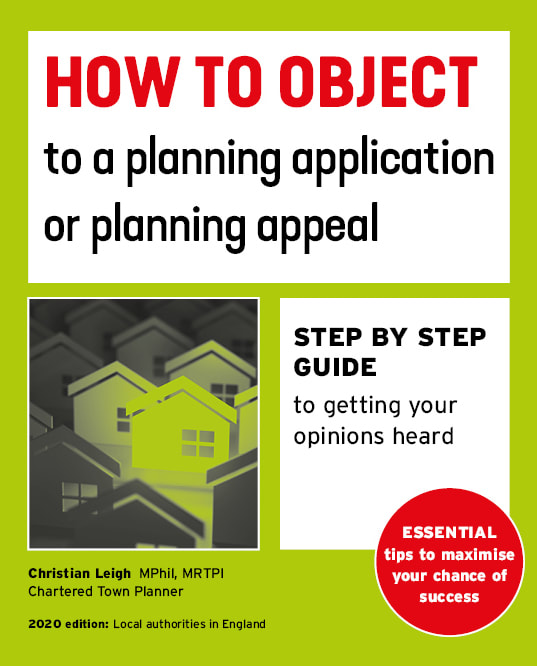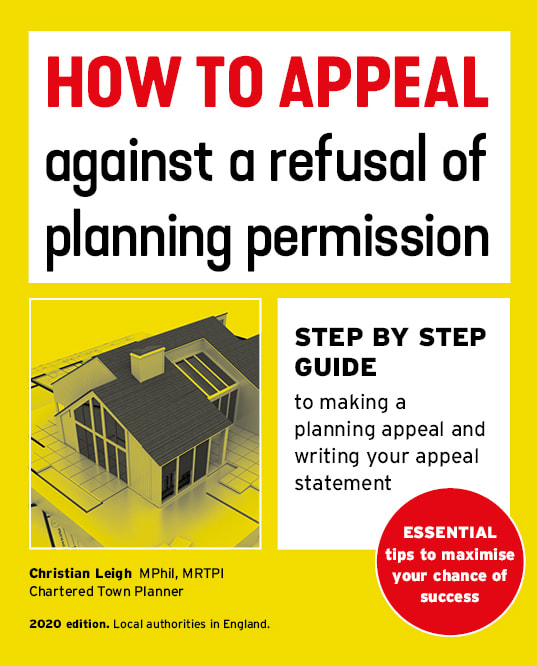|
If you want to make an objection to a planning application or to a planning appeal it is essential your objection is clear and relevant. What can you do to get the outcome you want?
- When you find out about a planning application make sure you know the deadlines for submitting any letter of objection. If you don’t write in by that deadline then the Council could make a decision before they hear your views.
- Look at the planning application details carefully. Don’t make any assumptions about what is being proposed – you want to be accurate in your objections.
- Get help from others in your objection. If your neighbours write in, or pressure groups, or other organisations, then that can help your case.
- Make reference to the Council’s development plan and to national planning policy in your letter. Planning applications are assessed against those documents and so you need to show why there is any conflict.
- Keep track of the planning application once you have written your letter. The applicant might amend the scheme or put in further information in response to your letter. If that happens you are allowed to write in again, any time up to the date of the formal decision by the Council.
- If the planning application goes to a Planning Committee then ask to speak. Prepare thoroughly for your speech and concentrate on just a few issues, as you will have very limited time.
- If you are objecting to a planning appeal then fully read the appellant’s Statement of Case before you write to the Planning Inspectorate – it is new information they have prepared just for the appeal.
|
Have you been informed of a planning application near you? Or a planning appeal? This book explains how to make an effective objection to applications and appeals in England. Planning departments receive many thousands of applications every year, so it is essential your objection is clear, well-written and relevant to planning policies and law. There are strict rules and deadlines, and if you get these wrong there is a danger your voice will not be heard...
This step-by-step guide gives practical advice from the time you first hear of a planning application or appeal, through to how to prepare your objection letter, and then how to present your case to a planning committee.
Comprehensive information is also given in how to be fully involved in the planning appeals system, including representing yourself at an appeal. Written in clear English, this book gives you the tips you need to make your objections clearly heard. The book sets out:
|
110 pages. Available via Amazon.
|






